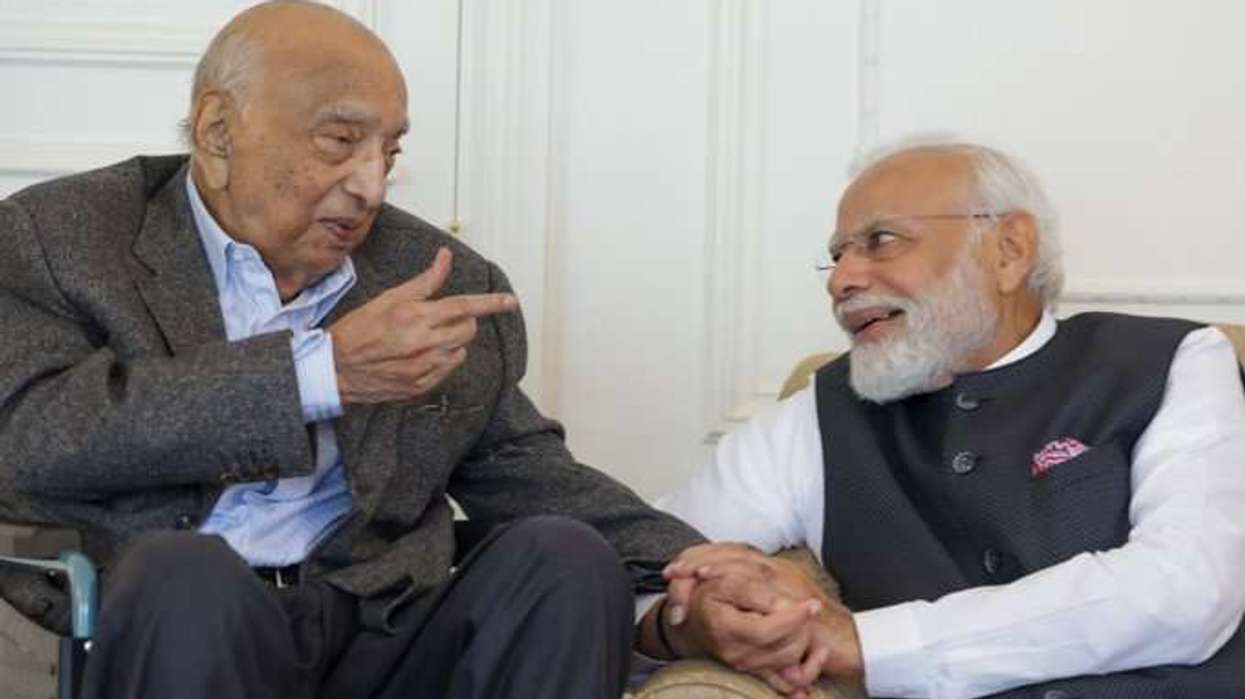Highlights:
- Public inquiry finds up to 13 suicides linked to wrongful Post Office prosecutions.
- Horizon IT system faults led to false accusations, financial ruin, and imprisonment.
- Sir Wyn Williams says Post Office maintained a “fiction” of accurate data despite known faults.
A PUBLIC inquiry has found that up to 13 people may have taken their own lives after being wrongly accused of financial misconduct by the Post Office, in what is now described as one of the worst miscarriages of justice in British history.
The report, published on Tuesday (8), exposed the devastating impact of a faulty IT system and called for urgent compensation and sweeping reforms.
Led by Sir Wyn Williams, the public inquiry concluded that the Post Office and technology supplier Fujitsu were aware, or should have been aware, that the Horizon IT system used in branches was prone to errors.
Despite this, they insisted for years that the system was reliable, leading to the wrongful prosecution of around 1,000 subpostmasters between 2000 and 2013.
ALSO READ: Post Office scandal trials 'unlikely before 2028'
“I am satisfied from the evidence that I have heard that a number of senior, and not-so-senior employees of the Post Office knew or, at the very least should have known, that Legacy Horizon was capable of error,” Sir Wyn said. “Yet for all practical purposes, throughout the lifetime of Legacy Horizon, the Post Office maintained the fiction that its data was always accurate.”
He added, “Many thousands of people have suffered serious financial detriment. Many businesses and homes have been lost, bankruptcies have occurred, marriages and families have been wrecked. Tragically, I heard too of people whom it is said that they were driven to take their own lives.”
The report detailed how the faulty system, first rolled out in 1999, falsely showed cash shortfalls in branch accounts.
Subpostmasters were forced to pay back money they never took, faced criminal charges, and in many cases, imprisonment. The inquiry heard 17 first-hand accounts of suffering, from small financial losses to wrongful imprisonment and suicide.
Subpostmaster Martin Griffiths died after being wrongly accused of a shortfall in his accounts. After losing his job, he walked in front of a bus and died from his injuries at 59.
The inquiry found six former subpostmasters and seven others who were not postmasters had taken their own lives because of the ordeal.
At least 59 people considered suicide, and 10 attempted it, directly linking their distress to the Post Office’s actions and the faulty Horizon system, the report revealed.
Sir Wyn noted, “I received evidence from at least 59 persons who contemplated suicide at various points in time and who attributed this to their experiences with Horizon and/or the Post Office.”
According to the report, the suffering extended beyond those prosecuted. Families were torn apart, with many reporting mental health problems, relationship breakdowns, and financial ruin. Some children of affected families also suffered psychological harm, it said.
The report was scathing about the conduct of both the Post Office and Fujitsu.
It said, “A number of senior, and not-so-senior employees of the Post Office knew or, at the very least should have known, that Legacy Horizon was capable of error. Yet for all practical purposes, throughout the lifetime of Legacy Horizon, the Post Office maintained the fiction that its data was always accurate.”
Despite repeated warnings and evidence of faults, the Post Office continued to pursue subpostmasters, often after the reliability of the software had already been questioned. The inquiry described this as “wholly unacceptable behaviour” by both organisations.
Former Post Office chief executive Paula Vennells, who gave evidence to the inquiry, broke down in tears recalling the case of a subpostmaster who took his own life after being accused of a £39,000 shortfall.
Public anger over the scandal grew after the ITV drama, Mr Bates vs the Post Office, aired in 2024, leading to new laws exonerating those wrongly convicted. However, the inquiry found that the process of compensation has been slow and fraught with problems.
Fujitsu's European director Paul Patterson told a parliamentary committee later that the firm, which assisted the Post Office in prosecutions using flawed data from the software, was "truly sorry" for "this appalling miscarriage of justice".
Many of those involved are still battling for compensation.
The Department for Business and Trade (DBT) said last month that 7,569 claims out of the 11,208 received had now been paid, leaving 3,709 still to be settled.
Alan Bates, a former subpostmaster who led the fight for justice, has said the compensation process has "turned into quasi-kangaroo courts".
Bates, who was awarded a knighthood by King Charles for his campaign to highlight the scandal, told the Sunday Times in May the DBT "sits in judgement of the claims and alters the goal posts as and when it chooses".
Post Office minister Gareth Thomas said last month the government had made it a priority to speed up the delivery of compensation since taking office in July 2024.
The inquiry has so far held 226 days of hearings and questioned 298 witnesses. The second volume of the final report, which will examine the role of the Post Office in greater detail, is expected in due course.
In the report, Sir Wyn has called for urgent action to ensure “full and fair” compensation, including free legal advice and support for family members. He recommended that compensation should match the highest civil court awards, and that the government, Post Office, and Fujitsu should agree on a programme of restorative justice. The report also calls for a permanent public body to be set up to handle redress for people wronged by public institutions.
Business secretary Jonathan Reynolds said, “I am committed to ensuring wronged subpostmasters are given full, fair, and prompt redress.”
The government has set a deadline of October 10, 2025, for written responses to the inquiry’s recommendations. By October 31, the Department for Business and Trade, Fujitsu, and the Post Office must publish a report on restorative justice plans.
The Post Office scandal has left a deep scar on British society as thousands of families across the country are awaiting justice. The inquiry’s findings and recommendations now put the onus on the government and the Post Office to finally deliver justice and closure to the thousands whose lives were shattered by the scandal.
Asian victims
Harjinder Butoy
Harjinder Butoy bought the Forest Side Post Office in Sutton-in-Ashfield in 2004, investing his redundancy pay and a family loan. In 2007, an audit alleged a £200,000 shortfall. Despite a clean audit a week prior, Butoy was arrested, charged with theft, and convicted on 10 counts. He served 14 months in prison and lost his business, home, and reputation. The Post Office seized his assets, and his family faced bankruptcy. His wife and three children were forced to move in with relatives, enduring years of financial and emotional turmoil. Butoy, plagued by depression and unable to find work, saw his convictions quashed in 2021. He continues to seek justice for the ordeal, which left his family devastated and his life in ruins.
Parmod Kalia and Mahesh Kumar Kalia
Parmod Kalia, a postmaster since 1990, was convicted of theft in 2001 after a Post Office investigation, receiving a six-month prison sentence. The conviction upended his family’s life: his wife and children struggled to keep their shop afloat, and his son Mahesh, then 17, was forced to abandon his dream of becoming a pharmacist to help the family. The trauma fractured relationships – Mahesh and his father were estranged for 17 years, with siblings moving away and parents separating. Kalia’s conviction was finally quashed in 2021.
Siema Kamran and Kamran Ashraf
Siema Kamran and Kamran Ashraf bought a Hampstead Heath Post Office in 2001, but soon faced repeated, unexplained shortfalls. In 2003, an audit found a £25,000 deficit, leading to Siema’s suspension and both facing criminal charges. Kamran, advised to plead guilty, was sentenced to nine months in prison and ordered to pay compensation. The ordeal cost them their business, home, and community standing. Siema struggled with depression and suicidal thoughts, while Kamran developed post-traumatic stress disorder. Their marriage, though still intact, is described as “broken.” Both were ostracised in their community, and their financial losses were devastating. Kamran’s conviction was quashed in 2020, but the couple’s lives remain deeply affected.
(with inputs from agencies)




